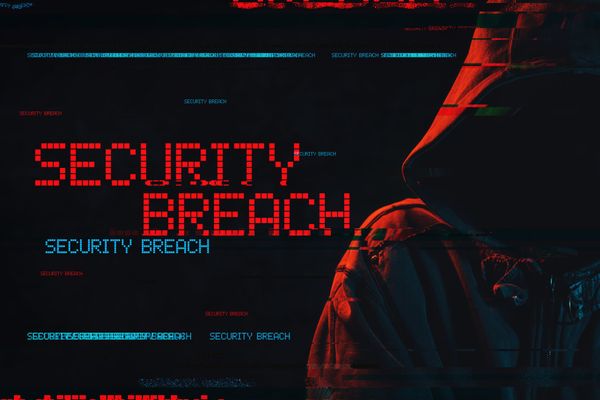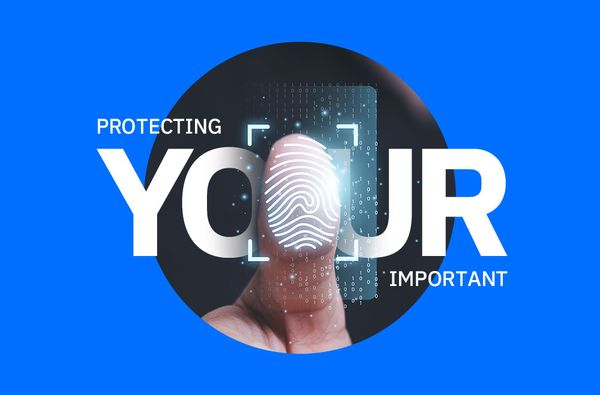The Windows vs. macOS Security Debate Is Slowly Becoming Irrelevant

Which one is the safest? That's the age-old question about Windows and macOS security, and answering it in a definite manner is not possible because of the fluidity and the ever-changing nature of the threat landscape.
Apple built much of macOS's reputation on security, and the debate between Windows and macOS users has been raging since the beginning of time. The reasons why macOS is perceived as safer (sometimes rightly so – take as an example the missing ransomware problem on macOS) don't necessarily have anything to do with the technologies used. It's much more of a market problem.
Security changed a lot in the past decade, both in terms of attack and defense. The sheer quantity of threats, the evolution of malware and types of attacks, and the number of people involved in this illegal endeavor soared. If there's anything that Windows and macOS have in common, attackers are always looking for ways to make their attacks platform agnostic.
Market share drives most of the threat landscape
Ten years ago, macOSes market share hovered around 3-4 percent, which coincidently likely also represented the percentage of attackers interested in developing malware and threats for this platform. The truth was that macOS's security was a combination of a good platform architecture and attackers' lack of interest to invest time and resources into malware that would only affect a small percentage of the user base.
Today, macOS has around 14-15 percent of the market share, which is a significant increase. Now, the platform is much more attractive, which is why we've seen a lot of interest in exploiting vulnerabilities and why there's more malware capable of affecting this OS.
Apple itself acknowledges that security on macOS is a much bigger problem than previously admitted. Apple's senior vice president of software engineering, Craig Federighi, explained during a trial in California that macOS is a lot more vulnerable than iPhone because the company allows users to install apps that haven't been vetted.
"Today, we have a level of malware on the Mac that we don't find acceptable and that is much worse than iOS," Federighi said. According to this deposition, Apple found and removed about 130 different kinds of malware on Macs last year that had infected hundreds of thousands of user systems.
Targeted, state-sponsored attacks do not discriminate
It's tempting to think that macOS's architecture is protected, but when there's enough interest and resources behind a criminal group, the OS is no longer that safe. The platform is just as vulnerable to determined hackers as any other.
Let's take the example of APT28, also known as Fancy Bear, a hacking group likely attached to Russia's General Staff Main Intelligence Directorate (GRU). The attacker developed an entirely new approach and created a piece of malware with more spying features than the ones available on other platforms.
More recently, we noticed the advent of spyware named Pegasus from an Israeli security company called NSO Group, targeting Android and iOS ecosystems. While this is what they're most known for publicly, they have also reportedly sold zero-day vulnerabilities to governments and other interested parties, including for macOS.
Windows and macOS have a lot in common
When people think about OS security, they imagine dangerous malware affecting their devices, but social engineering is a lot more prevalent these days, and it doesn't really matter what OS you're running. A link in a phishing email opens just the same on any OS, and studies show that criminals greatly value data coming from macOS and iPhone owners.
Windows continues to have around 80% of the market share, but macOS keeps getting more popular. It's true that when it comes to threats, the sheer number of attacks are directed against Windows systems, making macOS problems seem puny in comparison.
As attackers develop more platform-agnostic campaigns and as social engineering keeps getting bigger, the question of what platform is the safest becomes irrelevant. The question should be, what am I doing to keep the system I use safe? For example, Bitdefender Total Security is completely platform-agnostic and offers the same type of protection on macOS and Windows. Why debate which is the safer OS? Choose the one you want and keep it safe with the right security solution.
tags
Author
Silviu is a seasoned writer who followed the technology world for almost two decades, covering topics ranging from software to hardware and everything in between.
View all postsRight now Top posts
How to Protect Your WhatsApp from Hackers and Scammers – 8 Key Settings and Best Practices
April 03, 2025
Outpacing Cyberthreats: Bitdefender Together with Scuderia Ferrari HP in 2025
March 12, 2025
Streamjacking Scams On YouTube Leverage CS2 Pro Player Championships to Defraud Gamers
February 20, 2025
How to Identify and Protect Yourself from Gaming Laptop Scams
February 11, 2025
FOLLOW US ON SOCIAL MEDIA
You might also like
Bookmarks








